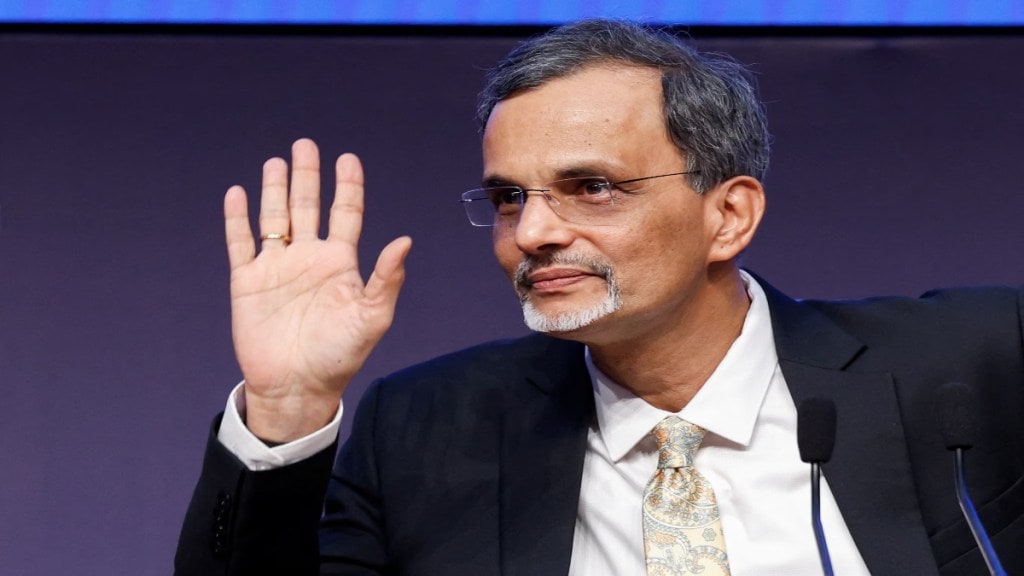From the aftershocks of the pandemic to ongoing geopolitical conflicts and now an escalating global trade war, the past five years have been among the most volatile periods in India’s economic history. At the centre of India’s policy response has been Chief Economic Advisor (CEA) V Anantha Nageswaran, who has played a pivotal role in guiding the economy through these challenges.
Appointed in January 2022, just weeks before the Ukraine conflict, Nageswaran received a two-year extension earlier this year. On Wednesday, he will appear at the Express Adda in Mumbai, where he will be in conversation with P Vaidyanathan Iyer, Managing Editor of The Indian Express.

Indian economy’s growth and recovery
Under Nageswaran’s tenure, India has moved from the pandemic slump to reclaim its place as the fastest growing large economy. The Gross Domestic Product grew 7.8 per cent in the first quarter of the current fiscal, cementing India’s strong growth trajectory. Meanwhile, headline retail inflation has fallen to its lowest level in eight years, providing further relief.
International recognition has followed. Last month, S&P Global Ratings upgraded India’s sovereign credit rating to ‘BBB’, marking the first such upgrade in 18 years. The decision, analysts noted, reflected both resilience and improved economic fundamentals.
Challenges
Yet risks remain. The United States’ decision to impose a cumulative 50 per cent tariff on Indian goods from 27 August has raised concerns for labour-intensive sectors such as textiles. While the direct impact on exports may be modest, Nageswaran has warned of indirect and longer-term pressures on the economy.
He has also stressed that India must prioritise strategic investments in artificial intelligence and semiconductor manufacturing to remain competitive against global powers such as the US and China. In his view, these industries are crucial to safeguarding India’s economic future.
In the Economic Survey for 2024-25, tabled earlier this year, Nageswaran underlined the importance of deregulation and the need for a “tripartite compact” between the state, private enterprise, and academia. Such cooperation, he argued, would help ensure that gains from technological advancements, particularly AI, are distributed equitably.
He has also consistently highlighted inclusive growth as a central policy priority, with a particular emphasis on labour welfare and the ongoing energy transition.
Nageswaran’s academic and professional roots
Before assuming the role of CEA, Nageswaran was a part-time member of the Economic Advisory Council to the Prime Minister from 2019 to 2021. He has also held senior positions with investment banks UBS and Julius Baer and taught at institutions in India and Singapore.

